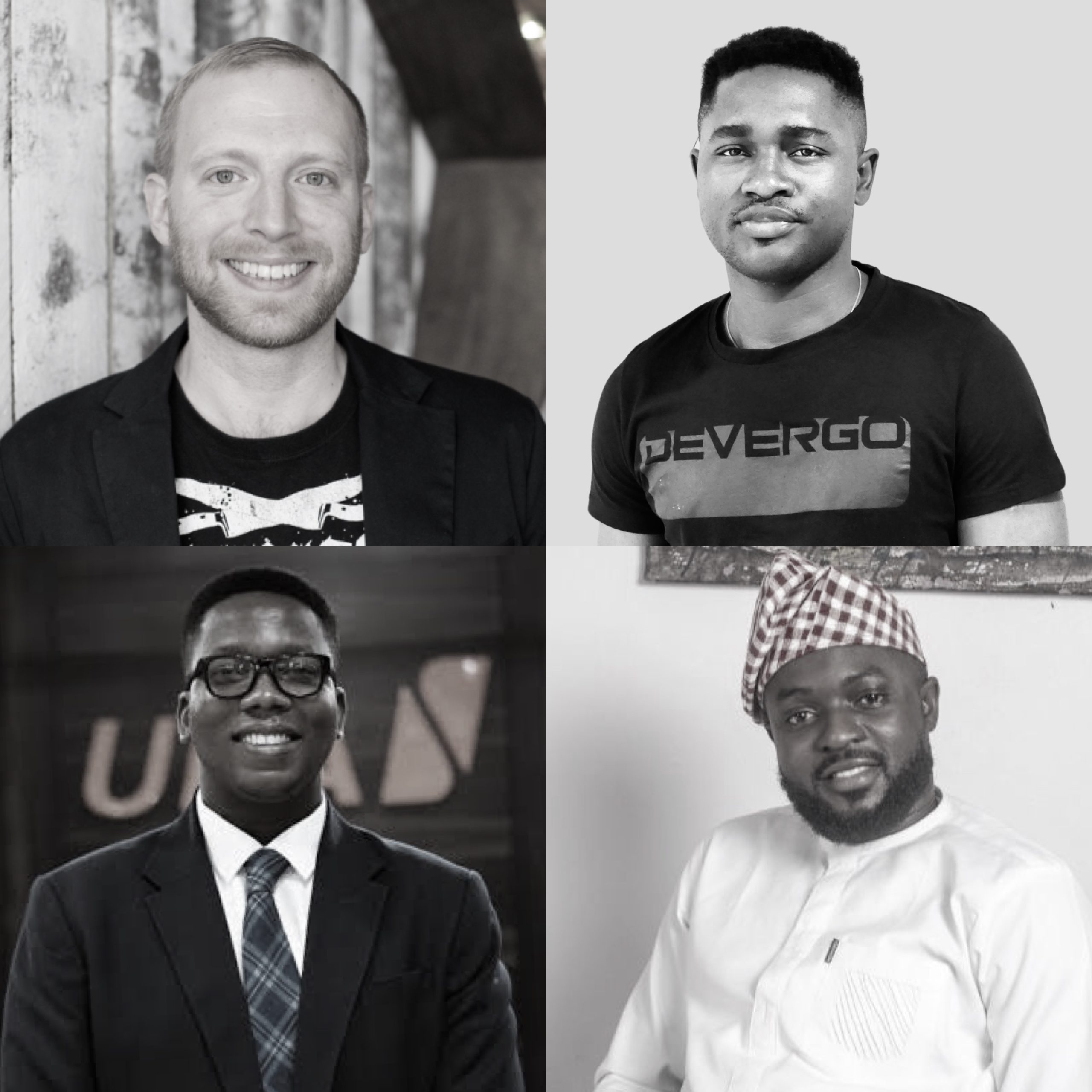By Zion Rufus
The rise of generative AI and the level of its technological proficiency has presented a significant competitive advantage to companies leveraging its capabilities.
However, the recent launch of generative AI models such as ChatGPT, Marketing Co-pilot, Bing AI, and DALL-E 2 has increased fears that the adoption of AI could erase up to 375 million jobs.
Dispelling concerns of workers who feared for the future of work in a conversation with MARKETING EDGE, some professionals cut through the controversy by maintaining that AI will only shift the way businesses operate and disrupt the workforce by automating routine tasks, augmenting human abilities, and facilitating the creation of new job roles.
“Adoption of generative AI may lead to job displacement in some areas, but it is also expected to create new opportunities for employment. However, It is critical to recognize both the positive and potential negative effects of ChatGPT and other generative AI and their associated impacts on the marketing industry,” said Nelson Oshodi, VP growth and membership, ADMARP.
According to Oshodi, it is essential for professionals to stay up-to-date with the latest trends and continuously improve their skills to remain relevant in this rapidly changing tech space, especially those working in the marketing industry.
“By adapting and embracing these changes, individuals and businesses alike can thrive in the new era of marketing,” he added.
Parry Malm, CEO of Phrasee, an AI-powered content platform, stressed that people have both overestimated and underestimated the potential impact of ChatGPT and similar technologies.
Comparing the rise of generative AI to the introduction of Photoshop which accelerated the creation of new jobs and made editing less of a specialism, Malm said: “Back in the day, people did not want to use Photoshop because it was their job to physically be in the cutting room making collages, putting them on to a litho, and printing them out. Fast forward to 2023, and there are more designers in the world now than there ever were in the history of humankind. With this recent explosion of AI, particularly generative AI, the same thing is going to happen. It’s going to absolutely obliterate some job categories, but it’s going to create new job categories like this stuff always does.”
Lending credence to Malm’s viewpoint, Segun Ogundipe, head of web and online management , UBA Group believes generative AI has the potential to transform various aspects of the workplace, just as Photoshop and other software revolutionized industries.
“Similarly, just as lithography required specialized skillsets in the initial design process, generative AI can also augment human abilities. AI-powered tools can help designers create more realistic 3D models or generate alternative design options faster than manual methods.”
Overall, the impact of generative AI on the workplace will be significant, and businesses must adapt and evolve to take advantage of the opportunities presented by this emerging technology while also addressing any potential challenges,” Ogundipe said.
Daniel Chukwu declared that for now, AI and other emerging technologies do not have the autonomy to become generally intelligent like humans.
“This may happen in the future, but definitely not now. I think the stage AI is at the moment is the stage where it is helping to improve our efficiency. I do not know any company that has AI as employees at the moment in lieu of humans. So instead of being scared for our jobs, we should learn to understand it and better prepare ourselves to use it,” he advised.
From helping marketers to create more engaging content that resonates with consumers, to boosting ROI and improving the speed and accuracy of product research and development, generative AI also has the potential to increase efficiency and productivity, and open up new channels for growth.
Brainy Insights estimates that the generative AI market will grow from USD 8.65 billion in 2022 to reach USD 188.62 billion by 2032, driven by the increasing investment in artificial intelligence.
While there are growing possibilities that a billion people could lose their jobs over the next decade thanks to AI, and about 375 millio jobs risk obsolescence from AI automation according to a research by Zippia, these predictions now appear to be far-fetched.






Comment
No comments found.